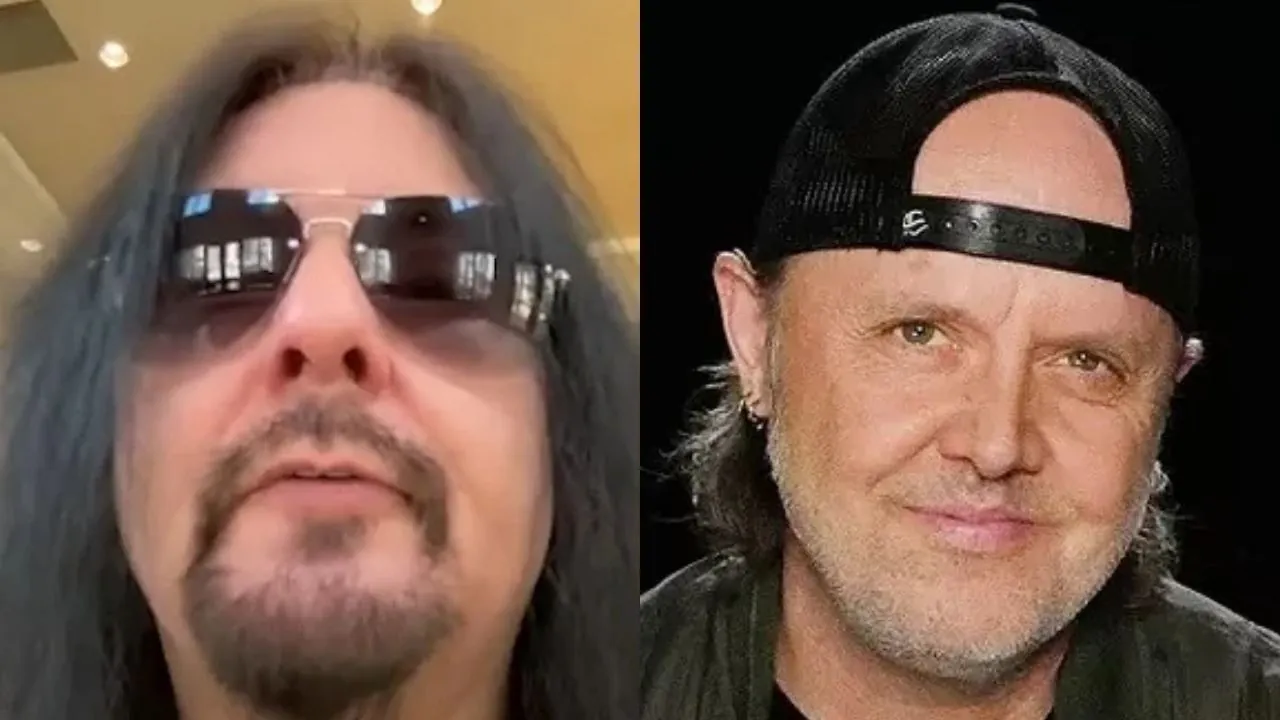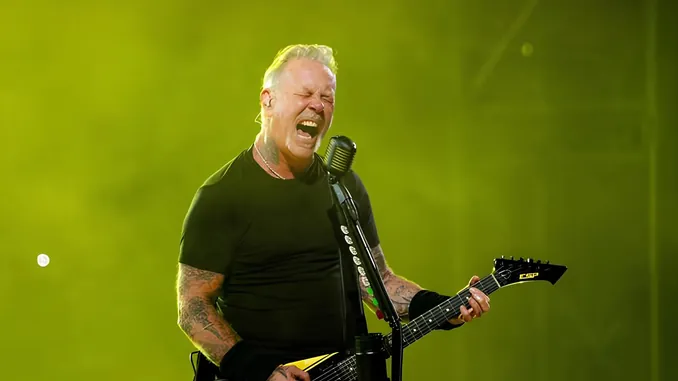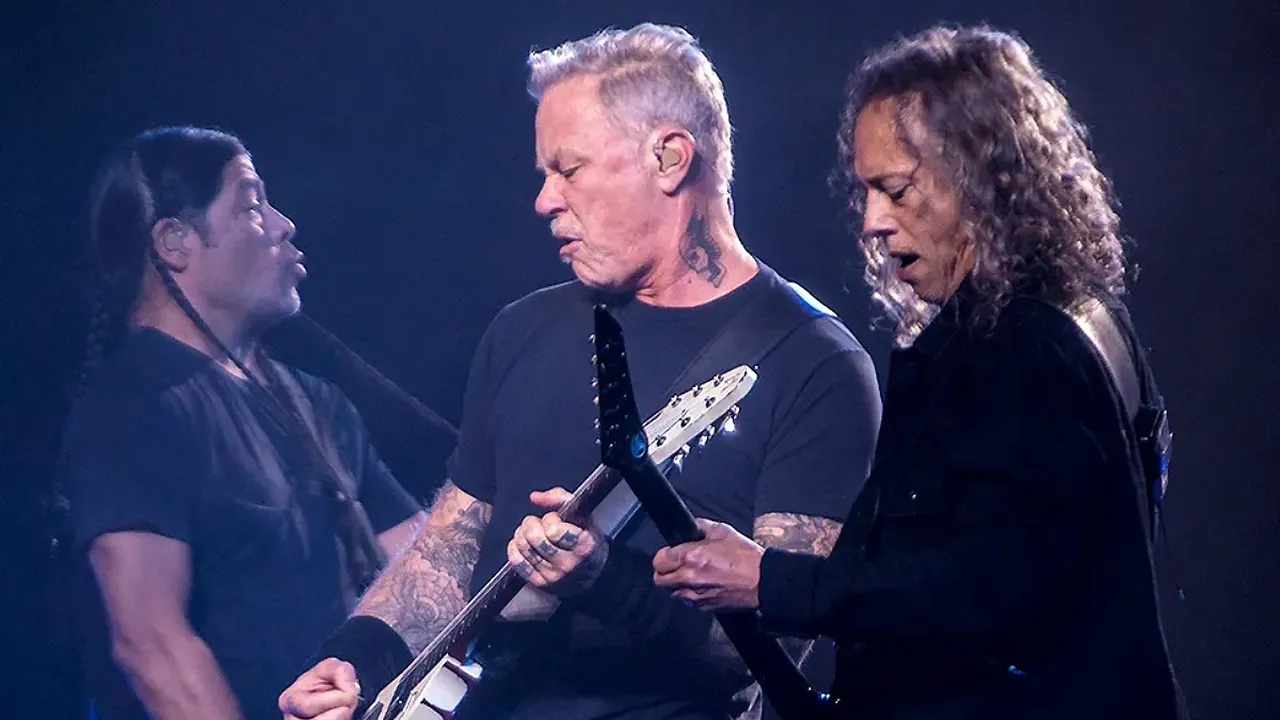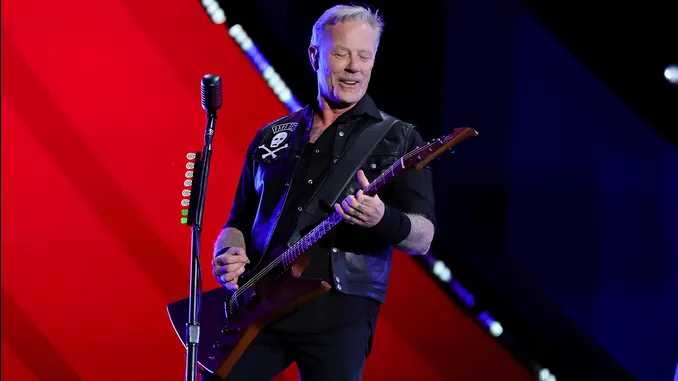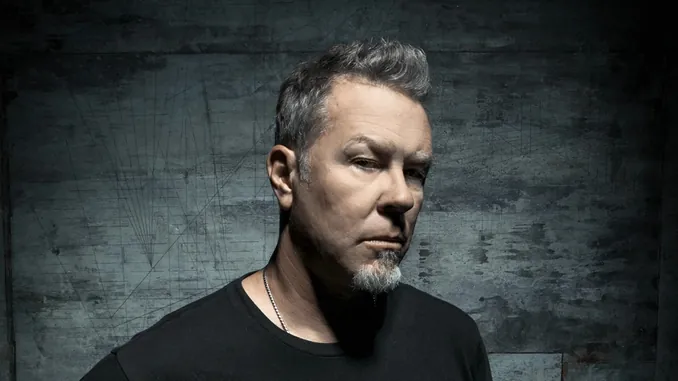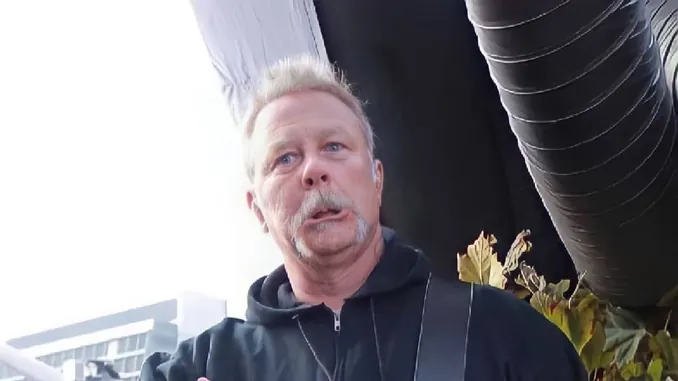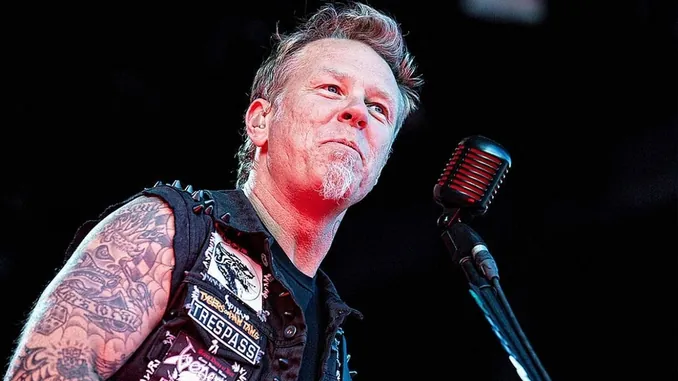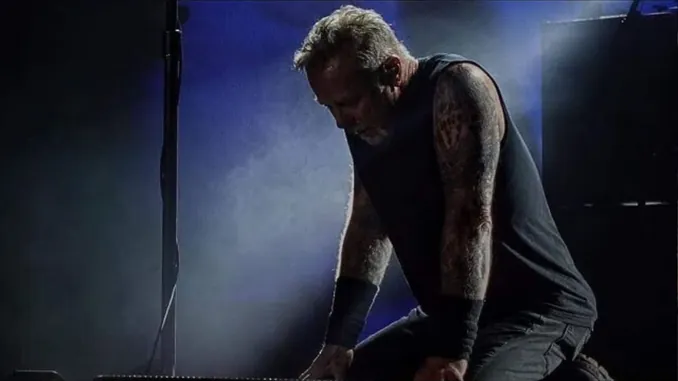'It Scared The @#$% Out Of Me': JAMES HETFIELD Reveals The Real Story Behind METALLICA’s Darkest Song
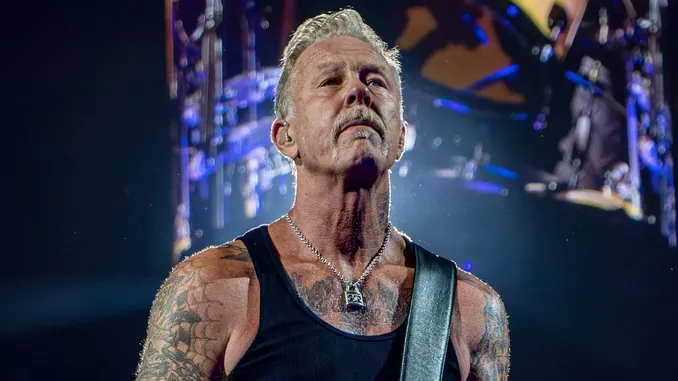
Metallica’s frontman James Hetfield has never shied away from heavy topics. Over the decades, he’s written lyrics about death, addiction, war, and emotional isolation. But there’s one track in particular that stands out to him as the band’s darkest.
That song is One.
Related
Inspired by a war novel
One first appeared on Metallica’s 1988 album …And Justice for All. The song was directly inspired by the novel Johnny Got His Gun, written by Dalton Trumbo in 1938. Hetfield first learned about the book through his older brother.
“My brother told me about this. It scared the @#$% out of me,” Hetfield said in an interview. “When I was writing the song, reading the book, he couldn’t speak for himself, so I brought a voice to him. ‘I’m trapped and I don’t know what to do.’”
The book tells the story of a soldier who loses his limbs, eyesight, hearing, and ability to speak after being hit by an artillery shell during World War I.
Trapped in his body, fully conscious but unable to communicate, the character becomes a symbol of human suffering in war.
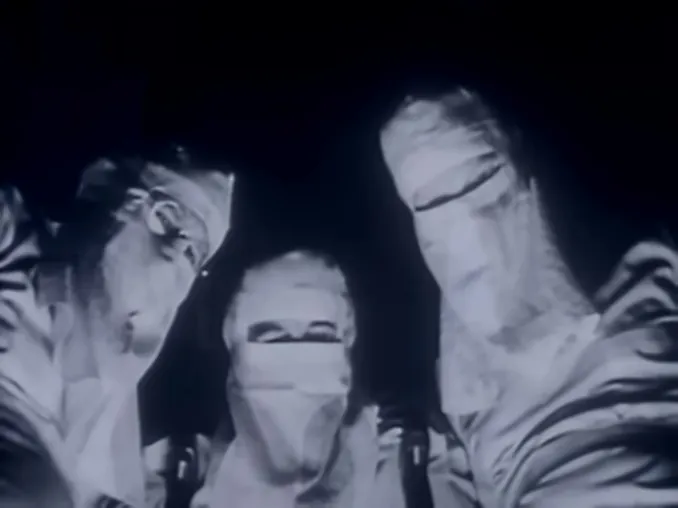
Lyrical themes
The lyrics of One describe that experience in stark detail. Lines like “Hold my breath as I wish for death” and “Tied to machines that make me be” paint a picture of extreme physical and psychological pain.
Hetfield said the idea of being stuck in your own body, unable to connect with others, resonated with him personally. Even though he wasn’t physically impaired, he understood the emotional weight of that feeling.
“I identified with it. Not that I couldn’t speak or hear or use my body, but for some reason I connected with that,” he said. “Being trapped in your own skin and how uncomfortable that can be. That could be the height of hell.”
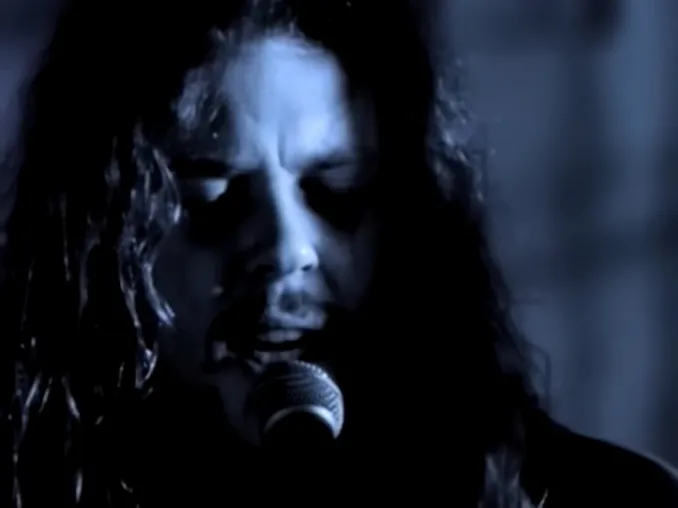
The darkest moment
Although Metallica has written other dark songs, including Fade to Black and Disposable Heroes, Hetfield sees One as a turning point. For him, the emotional depth of the story, combined with the music’s structure, sets it apart.
“To me, ‘One’ is like the ultimate darkness. The most lonely you could ever feel,” Hetfield said.
The song starts with a soft, almost meditative intro. Gunfire and explosions echo in the background, creating an eerie atmosphere. As the track progresses, the music grows heavier, more frantic, and more chaotic, mirroring the character’s descent into desperation.
The video brought it to life
The music video for One helped cement the song’s reputation as one of Metallica’s most powerful pieces. The band mixed performance footage with clips from the 1971 film adaptation of Johnny Got His Gun. The result was haunting.
In one scene, the protagonist blinks in Morse code to communicate with doctors. He is begging them to end his life. It’s a hard moment to watch, but it matches the intensity of the song.
For MTV in the late 1980s, the video was unusually serious. It didn’t feature flashy effects or glamorized images of the band. Instead, it told a grim story that forced viewers to think.
Emotional weight
Unlike many metal songs that focus on fictional horrors or fantasy themes, One deals with the real emotional fallout of war. The horror is internal. It’s personal.
Even within Metallica’s discography, which includes songs about mental health, political corruption, and social decay, One carries a unique emotional weight. It doesn’t offer a solution.
It doesn’t ask for forgiveness or scream for justice. It just presents a bleak situation and lets the listener sit with it.
Hetfield’s performance adds to that feeling. His voice shifts from quiet reflection to sharp desperation, especially in the final moments of the song.
Not meant for comfort
This isn’t a song designed to make people feel good. It doesn’t lend itself to singalongs or party playlists. But that was never the point.
Metallica didn’t write One to entertain. They wrote it to confront something real and awful. Hetfield has compared the song to a horror movie, not in its content, but in how it affects the audience.
You don’t enjoy One in the traditional sense. You experience it.
Still relevant
More than 35 years after its release, One remains one of Metallica’s most popular songs. It’s a regular part of their live shows and continues to resonate with listeners around the world.
Its message hasn’t aged. As long as war exists, and people suffer in silence, the story behind One will still feel timely.
Metallica has written faster songs. They’ve written heavier ones. But in terms of emotional impact, Hetfield believes One is in a category of its own.
It’s not about monsters or devils. It’s about what happens when a human being is cut off from the world but still alive to feel every second of it. And for James, that’s the darkest story he’s ever told.
Got a tip for us? Email: [email protected]
In a recent interview, Gene Hoglan, drummer for the thrash metal band Dark Angel, shared his thoughts on a long-standing theory among metal fans, that …

